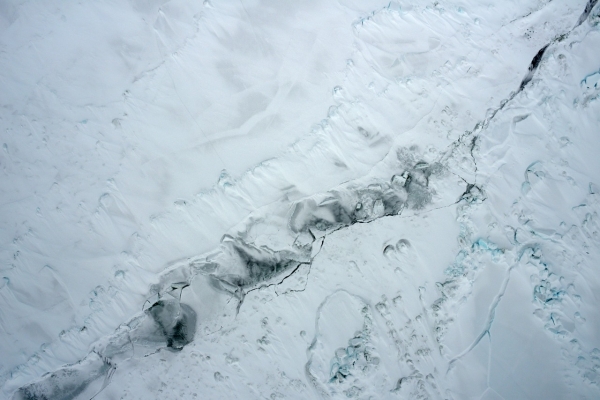When the ground rumbles in Antarctica, it may be an icequake — like an earthquake but caused by the movement of ice, not rock. A new study by Penn State researchers found that these seismic events are driven by ocean tides at a major ice stream in West Antarctica.
Seismic monitors captured more than 2,200 icequakes over a five-year period at the Foundation Ice Stream in West Antarctica. Ice streams are fast-flowing regions of ice that act like a drainage system carrying ice from the land to the ocean. The scientists found that the icequakes largely occurred during spring tides, which follow a new or full moon and are characterized by larger tide height range.
“Tides are driven by the orbits of the moon and Earth, and it’s fascinating to be able to make a connection between tides and ice processes on Earth,” said Erica Lucas, who conducted the research while earning her doctorate in geosciences from Penn State.
Read more at Penn State
Photo Credit: Natalya_Che via Pixabay


